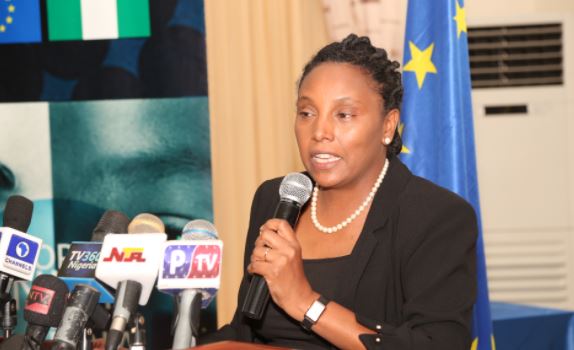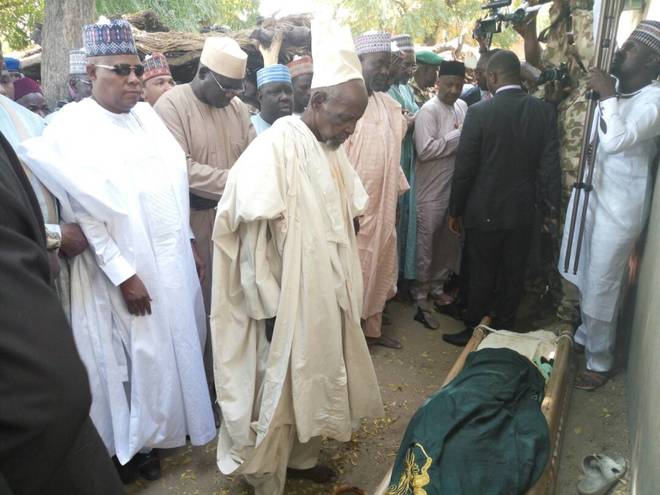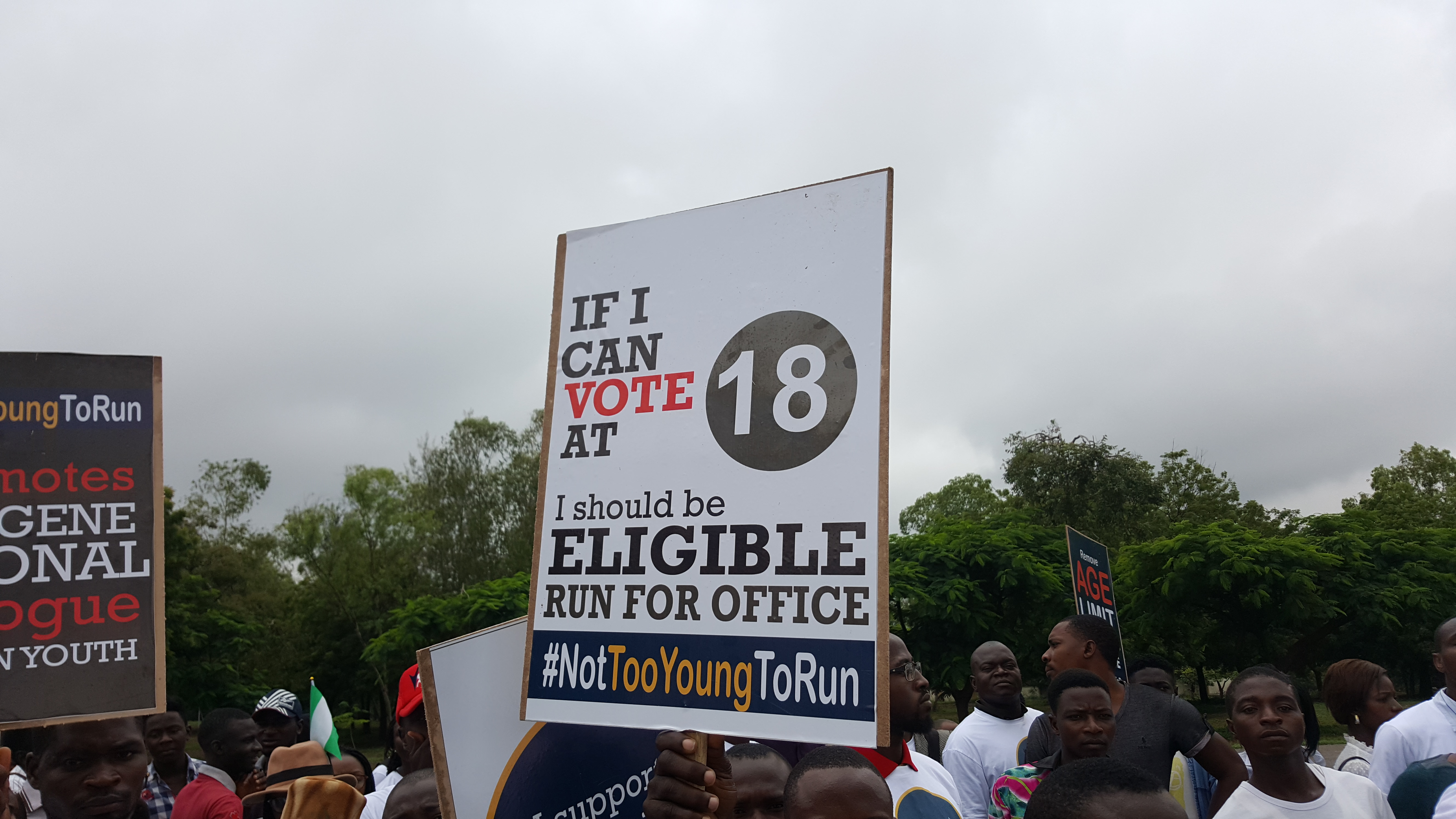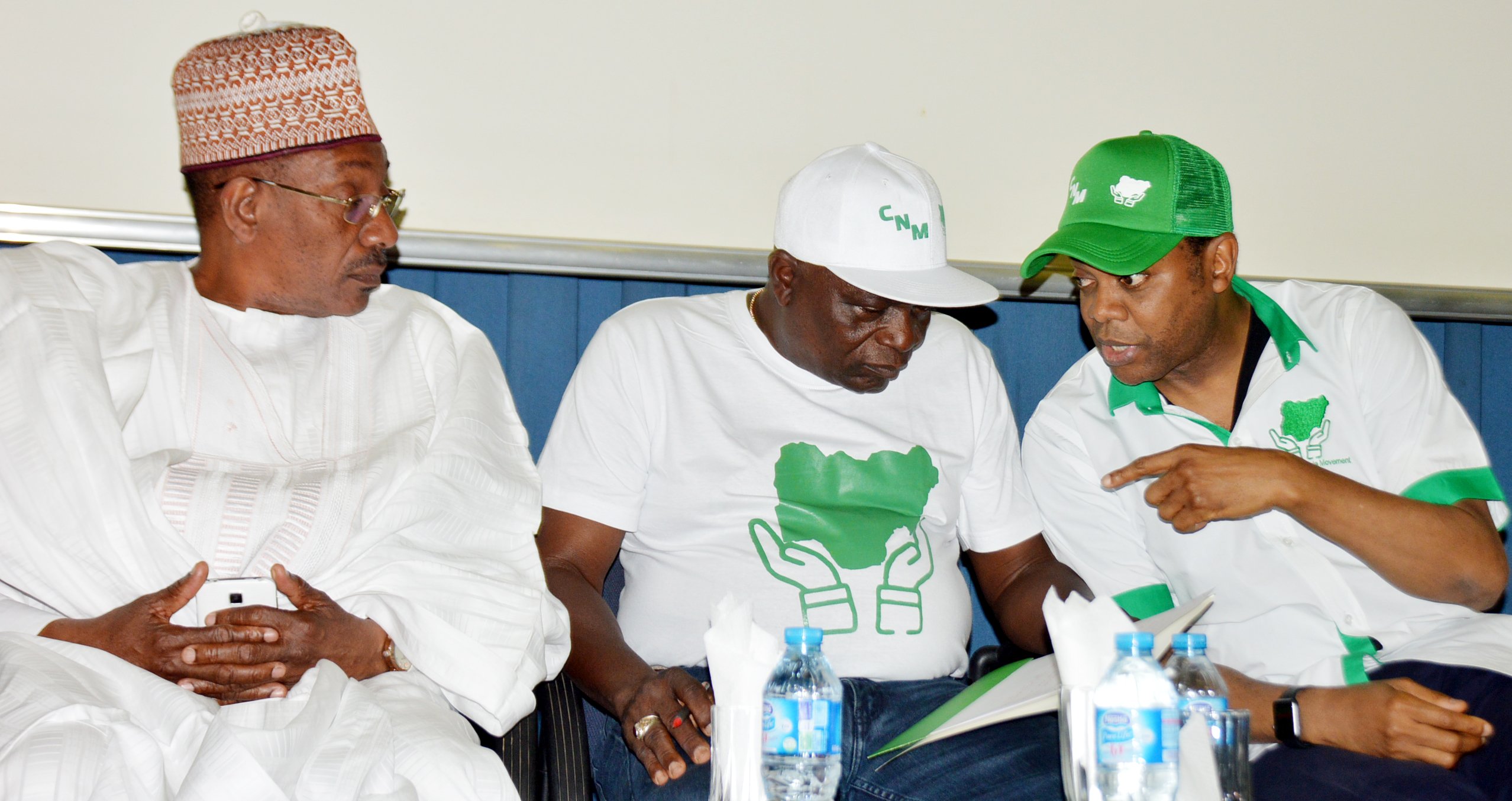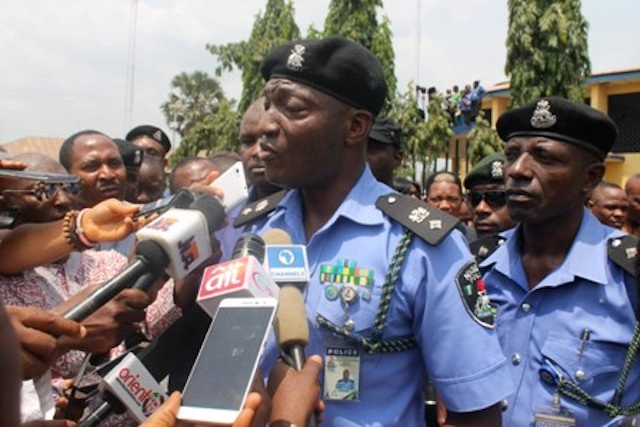BY EMMANUEL BELLO
The phone rang and it was Bimbola on the line calling from the popular network CHANNELS TV. She asked if I could participate in the February edition of The Core. I promptly agreed. The subject, the now world-famous herdsmen/farmers clash, was, as they say, right up my alley both as a reporter and a media aide to a governor in the “core” of the matter. What’s more, for me, it would be a chance to meet the amazing Kadaria Ahmed, the redoubtable presenter of the show and arguably Nigeria’s own CNN’s Amanpour. And I’m no stranger to the network.
Earlier in the year, I ran the gauntlet, sitting before the stern-faced Maupe on the Sunrise daily show. It was the same topic. The network has continued to follow the story and rightly so too because, perhaps, this is the biggest issue in Nigeria today. Some say it is almost on the same level as the Boko Haram crisis. I instinctively knew this month’s edition of the program was not going to be “normal”! Kadaria herself was on the Mambilla Plateau in Taraba state getting material for the show and enjoying Europe like weather.
On D-day, I got to the Abuja studio at about 7.30 pm. CHANNELS is neatly nestled in the beautiful sceneries of the Guzape hills in Asokoro. At the gate, I overheard one of the security men asking if the minister was around. I then said to myself ” today na today”! Kadaria meant business. A few minutes later, we (members of the audience) were ushered into the expansive studio. I looked around and didn’t recognise many of my co discussants, except the Editor in Chief of Premium Times, my good friend Mojeed. There was Bashir Adigun too from the station. Minutes before the show, Kadaria walked in looking really royal. She was all business as she exchanged pleasantries and settled down to test the gadgets. I’ve never met her in person though I interacted with her when she held sway at the defunct NEXT newspaper. I wanted a job there then and called her.
The effort didn’t pay off as the paper itself folded in what is now one of the many mysteries of the death of papers in Nigeria. NEXT was the revolution back then and Kadaria was the woman. When it was rested, the founder of the paper, Dele Olojede, disappeared but Kadaria didn’t, rising with the tide. Thanks mostly to CHANNELS TV. And this evening, adorning a turban on a long flowing gown, her face was set for business. She told us the topic was an emotive one but pleaded that we must be gentlemen. I looked around and silently agreed with her. Some of the people looked like representatives of Miyetti Allah – deeply silent with a deadpan visage. A few men in western wears told me we have people from the NGOs and the bar were around too. No self-introductions were made so it is hard to know who was who.
Advertisement
The program started with her mini-documentary. It was the result of her effort to capture the entire saga with a less than a 15-minute clip. It wasn’t going to do. The phenomenon can’t be crammed into a few minutes report. But her program announced that it would look at “all the sides.” I immediately noticed the lopsidedness of the report itself. Kadaria, vibrant journalist and all, went to Taraba and spoke to one side only. Same thing for Benue where it appeared only the Tivs were at the receiving end. Sadly, she fell into the same trap that many have fallen: the attempt to sectionalize this problem. She told us she only went to talk to victims. In his submission, Mojeed also looked at the problems of reporting the phenomenon. It always comes back to the media, I suppose. We are the one that always give a problem its name and eventually determine its progress and end. But today, Kadaria was honestly seeking solutions, she tells us. Yet as a Fulani she was probably sympathetic with her people of the Mambilla. If she was, she did everything to keep it under that hardcover of time-tested professionalism. I told her that the Taraba story is not entirely captured by the Mambilla experience. I told her that in places like Lau, Bali, Takum and many other parts, Fulani herdsmen have wrecked untold havoc. The casualties are always on both sides of any conflict. I emphasized that only the criminalisation of the phenomenon would bring an end to it. Fulani lives matter but so is Tiv, Jukun, Igbo and all other humans. I told her we must begin to ask questions like where do attackers get their guns from.
Audu Ogbeh ended the show by answering my question of where guns come from. He said the guns came from Libya. Ogbeh, at a point, was almost sounding like a non-government actor. He moved away from the popular script and Aliyu Tilde and Prof. Abubakar Saddique quickly pounced on him. He said point blank that ranching is the way out. Tilde told him it is a contradiction of all that he’s been saying about colonies. Ogbeh maintained his stand boldly. At the end he declared that it is either we chose ranching or anarchy. I wondered why the mainstream media did not come up with headlines like “At Last FG okays Anti Open Grazing Law”!
Show over, I walked up to Kadaria to greet her. I asked if she enjoyed the Mambilla and was given packets of Highland Tea – the veritable product from Taraba. Did I notice she snubbed me or was it my imagination? I also greeted Leme – a dashing pleasantly faced young member of the audience with curly hair. He had said he’s from Mambilla and noted that people who perpetrated war crimes since 1982 have not been punished. He thinks, and rightly so too, that if such impunity subsisted, there won’t be any closure. Days later, I saw Kadaria sharing one of his tweets where he said it seems Governor Wike was congratulating Governor Ortom rather than commensurate with him on an official visit. Clearly, Kadaria also made friends while on the Mambilla.
Advertisement
Bello, a former commissioner of information in Taraba, is the current senior special assistant to the governor of Taraba on public affairs
Views expressed by contributors are strictly personal and not of TheCable.
Add a comment
